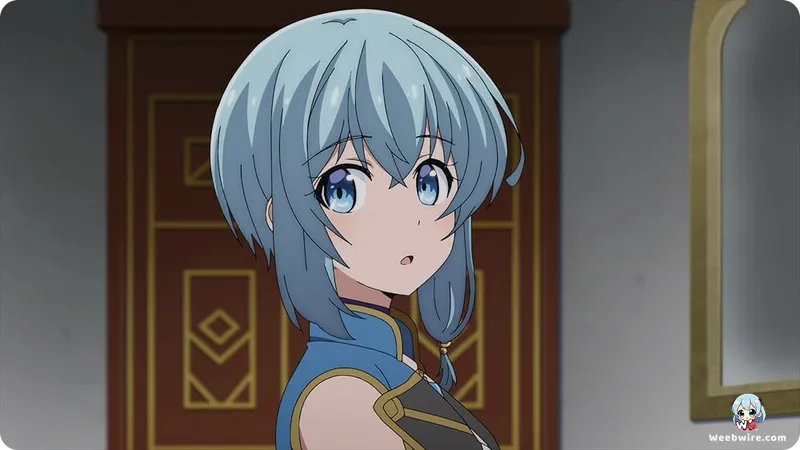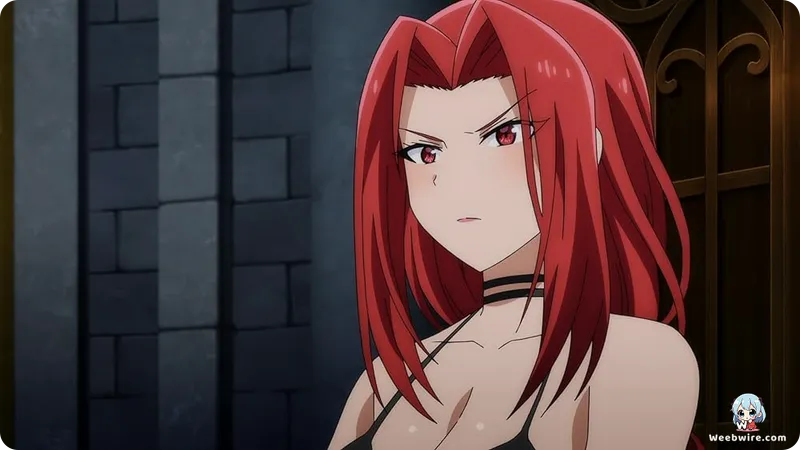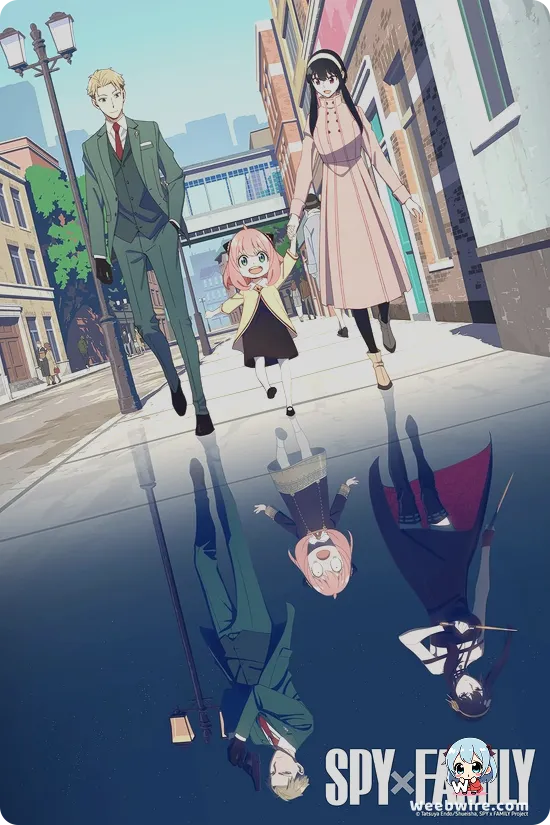Banished, But Not Broken: Unveiling the Unrivaled Power of Fantasy's Strongest Healer

In the expansive landscape of fantasy anime, certain narratives deeply resonate, particularly those championing the underdog. 'The Healer Who Was Banished From His Party, Is, in Fact, the Strongest' emerges as a compelling example, masterfully subverting common genre tropes to deliver a uniquely satisfying experience. Based on Kizuku Nanase's popular light novel, with illustrations by Parum, this series delves into the intriguing premise of a seemingly weak support character who, in reality, is the most formidable force in their world. It is an exhilarating exploration of hidden potential and the true meaning of strength.
Redefining the Healer Class
A cornerstone of the series is its radical redefinition of the 'healer' class. Traditionally relegated to a supportive role, protagonist Lylia shatters this convention. His healing abilities are depicted not merely as restorative, but as an ultimate, overpowered form of magic. Lylia can negate powerful curses, cure debilitating status effects, or even enhance allies to unprecedented degrees, rendering him indispensable in ways his former party utterly failed to grasp. This groundbreaking interpretation elevates a humble class to the pinnacle of power, challenging viewers to rethink magical hierarchies.
The Banished Hero Trope Reimagined
The narrative also brilliantly leverages the widely popular 'banished hero' trope. Lylia is unceremoniously expelled from his party, foolishly deemed useless. This familiar setup immediately draws viewers in, creating an inherent sense of injustice and anticipation for Lylia's inevitable rise. What makes this execution noteworthy is that Lylia is already the strongest; he simply needs the opportunity to prove it. His expulsion becomes a liberation, allowing him to forge new alliances with individuals who genuinely recognize and appreciate his profound capabilities. This journey of self-affirmation and vindication is incredibly gratifying, tapping into the universal desire to see the underestimated succeed.

The True Nature of Strength
Furthermore, the series offers a profound commentary on the true nature of 'strength.' While often associated with overt combat prowess, Lylia's power is subtle yet absolute. His abilities do not manifest as devastating explosions, but as an unbreakable foundation of support and recovery that can decisively turn the tide of any battle. This highlights that true strength is not always about dealing damage, but about resilience, strategic thinking, and the ability to sustain a prolonged fight. An enemy that cannot be defeated if its wounds are constantly healed or debuffs instantly purged becomes effectively powerless. This nuanced portrayal of power sets the series apart.
Studio elle's Adaptation
Studio elle has taken on the task of bringing Kizuku Nanase's captivating vision to life. While anime-specific creative details are still emerging, the studio's involvement signals a commitment to adapting stories with compelling character growth and satisfying power fantasies. The original light novel's success laid a strong foundation, and the anime adaptation aims to visually articulate Lylia's unique magic and the vibrant world. Fans anticipate how Lylia will continue to surprise his new companions, and the audience, with the true extent of his abilities.
In essence, 'The Healer Who Was Banished From His Party, Is, in Fact, the Strongest' is more than just another fantasy adventure. It is a clever deconstruction of tropes, a powerful celebration of hidden potential, and a testament to the idea that ultimate strength can emerge in the most unexpected forms, captivating audiences with its story of triumph against adversity.
Credits
The Healer Who Was Banished From His Party, Is, in Fact, the Strongest
Author
Kizuku Nanase
Cover Art
Parum
Studio
Studio elle
Publisher
Futabasha
Producers





